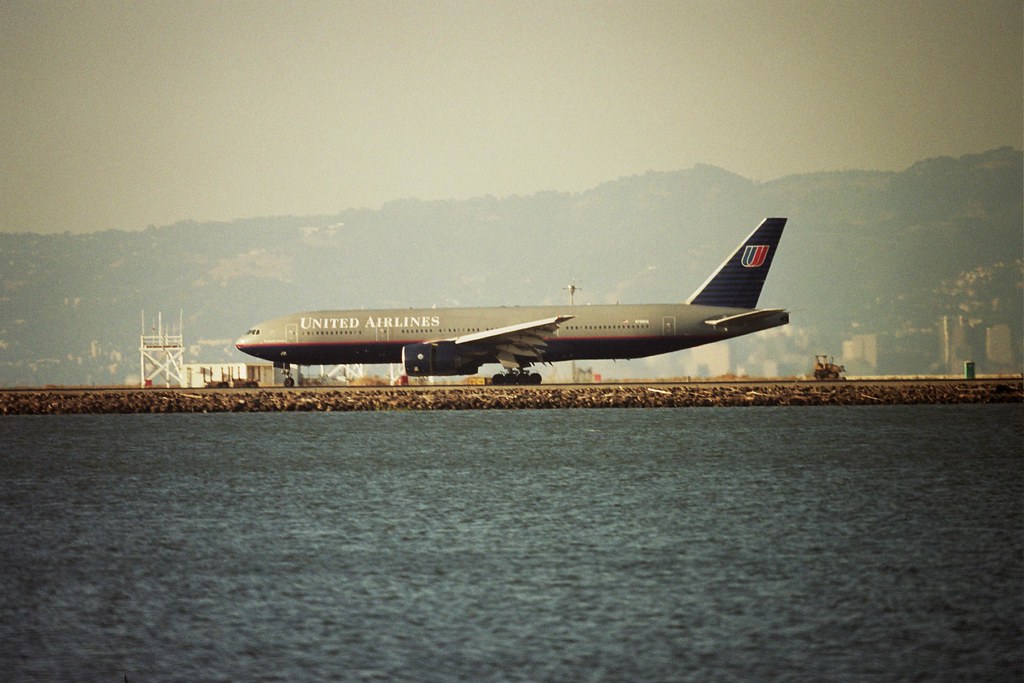
Boeing, the troubled aerospace giant, says it delivered just 348 aircraft to its customers last year, marking its lowest output since the pandemic. This figure represents a sharp drop from the 528 aircraft delivered in 2023. Stricter scrutiny of the planemaker’s practices, as well as industrial action, have hampered production at what is one of America’s largest manufacturers. By contrast, its European arch-rival Airbus provided 766 planes.
The year began poorly for Boeing, as the production line for its 737 Max aircraft did not restart until mid-December. This delay compounded existing problems stemming from a lack of quality assurance, both at Boeing facilities and among key suppliers. An audit by the US regulator, the Federal Aviation Administration, found “multiple instances” where both companies had failed to meet required standards, putting quality control standards at Boeing and its primary supplier Spirit Aerosystems under a harsh spotlight.
Boeing’s production issues are further exacerbated by a shortage of essential parts, particularly engines. These shortages have hindered the company’s ability to fulfill orders, contributing to a backlog that now stands at more than 8,600 unfilled orders. Boeing ended the year with a backlog of 5,595 unfilled orders, indicating a significant gap between demand and delivery capabilities.
Airbus Outperforms Boeing Amid Production Troubles
In contrast, Airbus, Boeing’s primary competitor, enjoyed a more favorable year, delivering 766 aircraft in 2024. Although Airbus also fell slightly short of its production targets, it remains in a much stronger position than Boeing, which has faced mounting challenges in recent years.
Boeing’s difficulties have not only affected its financial bottom line but have also created significant headaches for airlines eagerly awaiting new aircraft. The delays in deliveries have forced airlines to adjust their fleets and operational strategies, further complicating an already turbulent market.
Deliveries of its newest aircraft, the 777X, have been pushed back again from 2025 to 2026, having already faced repeated delays due to problems with the plane and its engines. This postponement causes frustration among customers who have long awaited this advanced aircraft.
The company’s struggles have resulted in billions of dollars in losses, raising questions about its future stability. The situation has been further complicated by recent labor disputes between Boeing and its workforce, which revolved around pay and retirement provisions. This marked the first major walkout at the company since 2008, highlighting ongoing tensions that may affect future operations.
Author’s Opinion
Boeing’s ongoing struggles are a stark reminder of the challenges faced by large corporations dealing with production setbacks, labor disputes, and a growing backlog. While Airbus has capitalized on Boeing’s issues, the aerospace giant must address its internal inefficiencies and quality control problems to regain its competitive edge. The delay in new aircraft deliveries and the mounting financial losses could have long-term implications for the company, and it’s clear that Boeing needs a robust strategy to recover and meet the demands of an evolving aviation market.
Featured image credit: user6702303 via Freepik
Follow us for more breaking news on DMR
